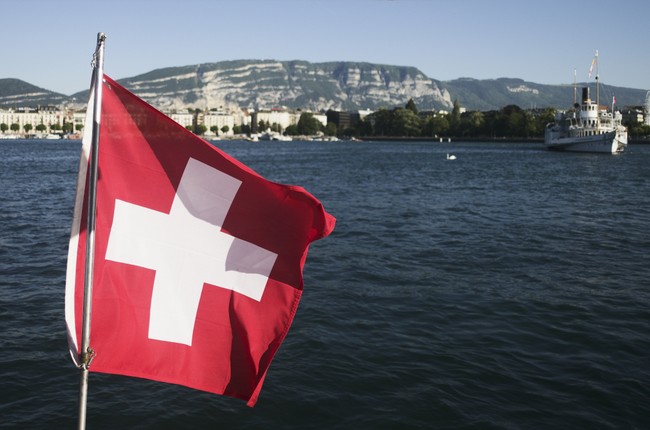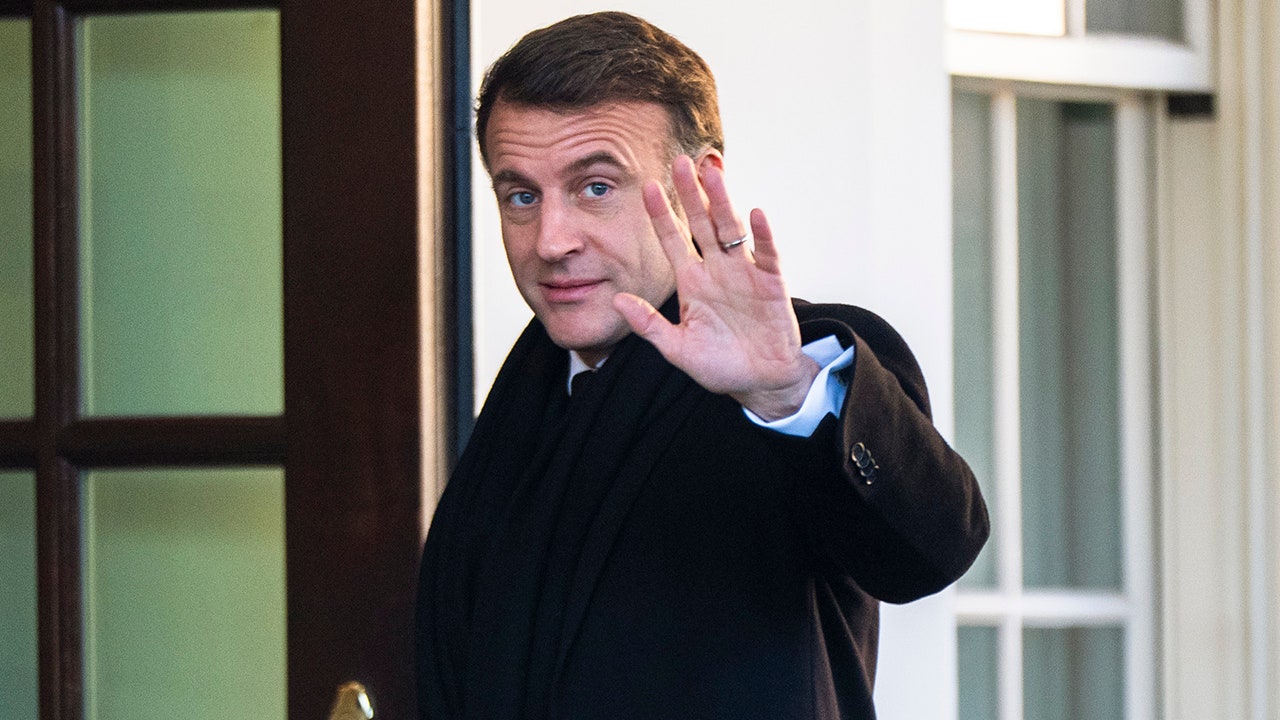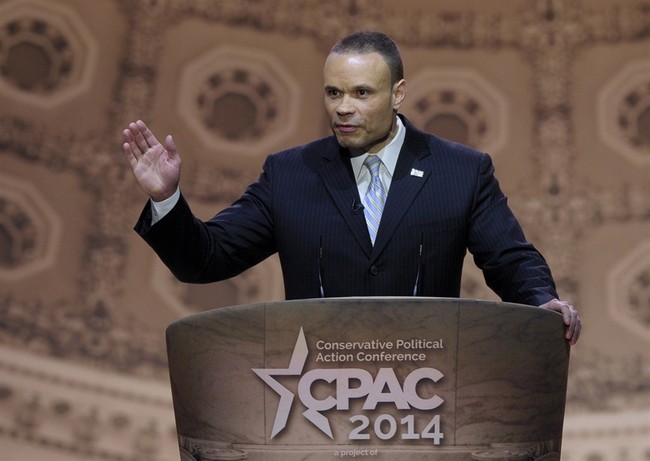Switzerland gets most of its electricity from hydropower but does also have some nuclear power plants as well. The country started phasing out those plants in 2011 after the disaster in Fukushima, Japan.
In 2017, the country approved a ban on new nuclear plant construction and in 2019 one of the existing nuclear power plants was shut down.
Switzerland on Dec. 20 shut down one of the world’s oldest nuclear power plants, as part of its plan to shutter all its reactors by 2050.
Muehleberg Nuclear Power Plant, the smallest of the country’s four remaining plants, began operating in 1972.
But this week the country decided to change direction, saying it will scrap the 2019 ban and make it possible to build new reactors.
Energy Minister Albert Roesti said the government would submit a proposal to amend nuclear legislation by the end of 2024 so it can be debated in parliament next year.
“Over the long term, new nuclear power plants are one possible way of making our supply more secure in a geopolitically uncertain time,” Roesti told a press conference.
Failure to retain the option could be seen as a betrayal by future generations, Roesti argued.
Of course the country could meet all of its energy needs by building much, much cheaper gas-powered plants but because of climate change goals, that is seen as off-the-table. But the reality is that no one really believes a new nuclear plant will be built in Switzerland anytime soon. Energy Minister Rosti made a point of saying it won’t happen.
“We are not saying that in 10 years there will be a new power plant… but we are responsible for leaving the door open to all possible technologies,” said Rosti, stressing that if the process was not initiated now, it will “perhaps be too late in 20 years”.
As the wealthy Alpine nation hopes to achieve carbon neutrality by 2050, the government said it needed to be open to different technologies — and the ban on new nuclear plants was “not compatible” with that objective.
Rosti said that to make it possible to have a new plant in 15 years, the process needed to start now. But one expert quoted by Reuters said a more realistic timeline would be 35 years:
Stephanie Eger, nuclear energy expert at the Swiss Energy Foundation (SES), said the process of changing the law, finding billions of dollars in financing, obtaining the permits – while seeing off likely referenda by opponents – and building a plant, would probably take at least 35 years.
Subsidies would also very likely be necessary and so nuclear advocates would require “a lot of stamina and deep pockets” to see it through, Eger said, arguing there were cheaper and more sustainable alternatives.
This turnabout is still a victory for nuclear power but it’s probably just a symbolic victory at this point. Meanwhile, it seems the real movement on nuclear power is coming from South Korea, which just made a deal to build a new plant in the Czech Republic.
After beating Westinghouse of the US and France’s EDF to become preferred bidder on a $17bn project in the Czech Republic in July, state-run utility Korea Hydro & Nuclear Power is set to sign a contract early next year for two reactors in the central European country…
Whang Joo-ho, the president of KHNP, said the company was conducting a feasibility study for a nuclear power plant in the Netherlands and was in talks to build reactors in Finland and Sweden as it aims to export 10 more reactors globally by 2030.
So the the anti-nuclear tide is receding in Europe and, eventually, we may see some new reactors being built in several places in the next few years. But it’s very unlikely Switzerland will be one of those places.
Read the full article here








![Jim Jordan Exposes Media’s Ridiculous Fearmongering Over DOGE Cuts [WATCH] Jim Jordan Exposes Media’s Ridiculous Fearmongering Over DOGE Cuts [WATCH]](https://www.rvmnews.com/wp-content/uploads/2024/11/2024.11.20-12.16-rvmnews-673dd31144daa.jpg)
